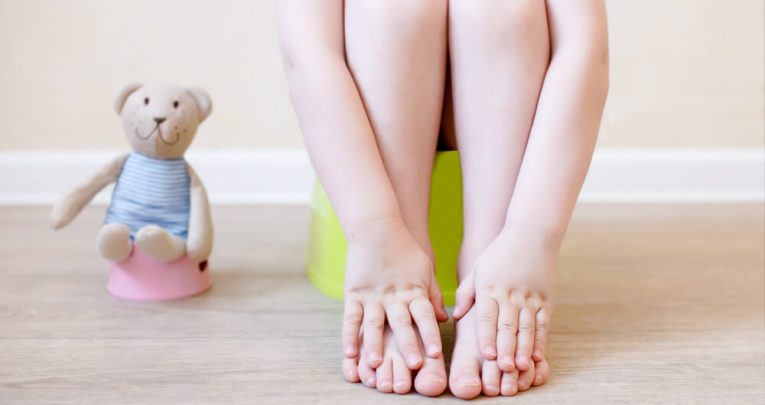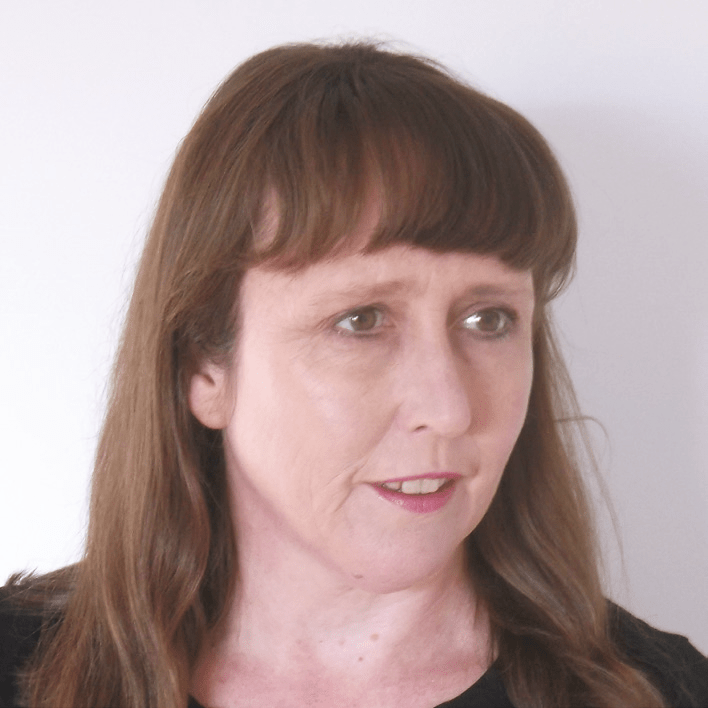Supporting Children and Families with Toilet Training in Primary School

If more children are arriving non toilet-trained, it’s our duty to support them and their parents in finding a resolution…

- by Sue Cowley

The question of whether or not children are ‘school ready’, and how we might make them more so, is a perennial theme in the discourse surrounding early education. As more children enter our education system at an ever-earlier age, it is crucial to think about the implications of the ‘school ready’ agenda for children and staff.
In a speech at the Preschool Learning Alliance Annual Conference, HMCI Amanda Spielman raised concerns about the ‘gaps’ that develop between children; gaps that begin in their earliest years.
She said that it was important for children to arrive at school “able to sit still and listen”, to “understand the words ‘no’ and ‘stop’” and to “be able to use the toilet”.
While no one would argue with the idea that (barring medical issues) children should be toilet trained by the age of four, Spielman seems to expect four year olds to be ready for the system as it currently is, rather than asking whether the system is ready and appropriate for them.
In her speech, Spielman quoted from two surveys: one conducted by the ATL and the other by Essity (a ‘leading global hygiene and healthcare company’). The ATL survey noted that 70% of schools say they find that more children are starting school without being toilet trained, compared to five years ago.
The Essity survey found that 62% of primary teachers have seen an increase in the number of children who are unable to wipe their own bottom. But what is going on here and why is there an apparent increase in accidents and issues?
Anecdotally, teachers felt that the problems were occurring because children weren’t being toilet trained at home, prior to starting school, and because of the increased use of pull-ups.
Parents are now incentivised to get back to work ever earlier, particularly via the funded places schemes for two-, three- and four-year-olds. With ever-busier lives, it could be that there is less time for parents to focus on the essentials of self-care with their children at home.
Given that many children now start in a school or Early Years provision at age two or earlier, and the vast majority are in a setting by age three, teachers and practitioners clearly have a part to play in the toilet training process.
The Early Years Foundation Stage is focused on the ‘learning, development and care’ of children from birth to five – education is not just about the curriculum at this age, but about the wider developmental needs of each child.
Early Years settings that take children as babies or toddlers are experienced in dealing with nappy changing, and well versed in the process of working with parents to support them in toilet training their children.
Non-school settings will often have toilet facilities specifically designed for the smallest children, including changing areas, and staff will have had training on health, safety and child protection issues surrounding self care.
One respondent to the ATL survey noted that “school toilets are not designed for changing children”. Perhaps the drive from the DfE to get children into school at an ever-earlier age, and to have such a strong focus on getting through the curriculum when they do arrive, is leading to unintended consequences.
In her speech, Spielman said that “nurseries and childminders must also play their part” in toilet training when, in reality, settings have been playing an active part in this process for years – our setting has the box of spare clothing for all those accidents to prove it.
Spielman ended her speech by saying, “In the past year I’ve had the privilege of visiting some excellent Early Years settings and have seen first-hand what you do”.
A freedom of information request revealed that HMCI had visited a total of six Early Years settings in the year leading up to her speech, and that five of those settings were in schools.
Perhaps if she had visited a few more nurseries, preschools and childminders, she might have seen how hard they work to support the process of toilet training.
Because the bottom line is that, if we find ourselves in a situation where children are experiencing difficulty with self care, it is our duty as practitioners to support them and their parents in finding a resolution.
Sue Cowley is a teacher, author and presenter who has helped to run her local preschool for ten years. Her latest book is The Ultimate Guide to Differentiation, published by Bloomsbury. Find her at suecowley.co.uk and follow her on Twitter at @sue_cowley.











